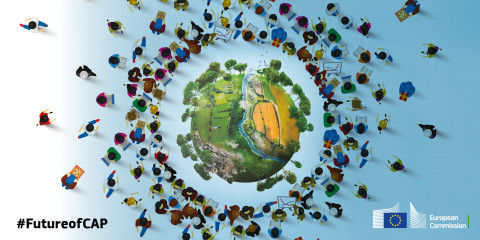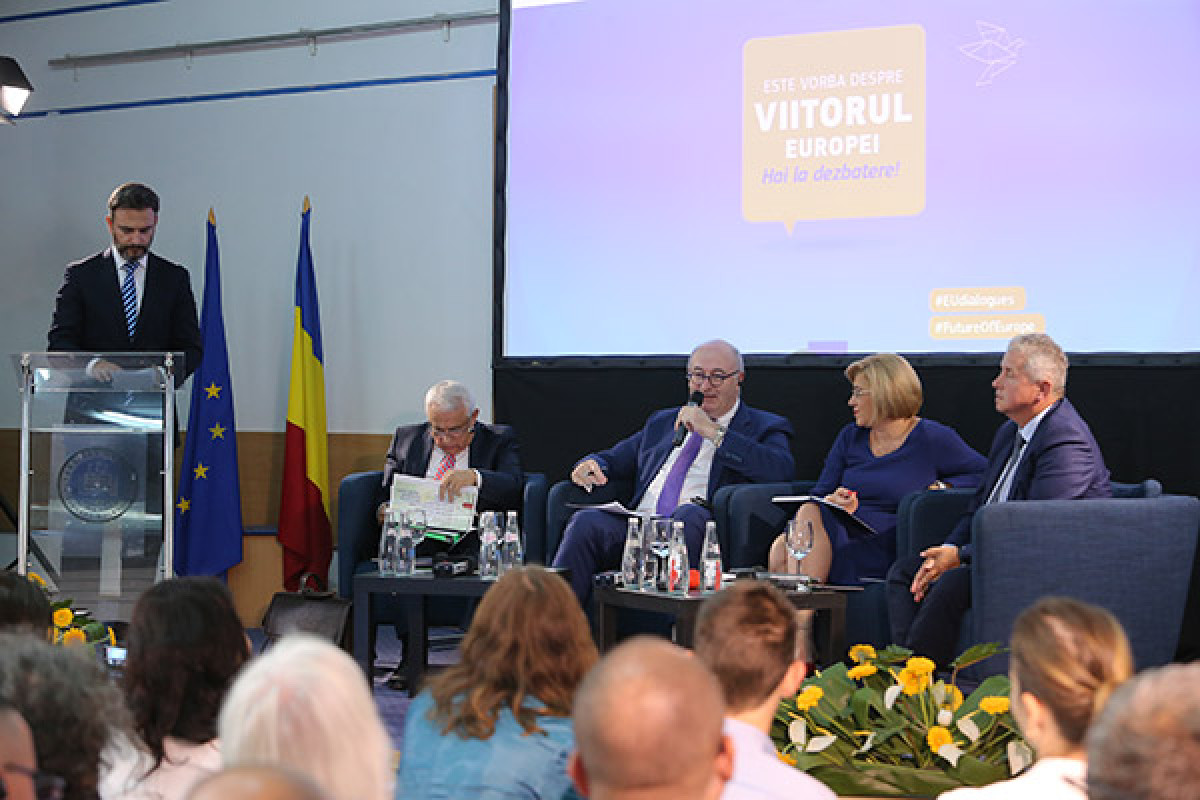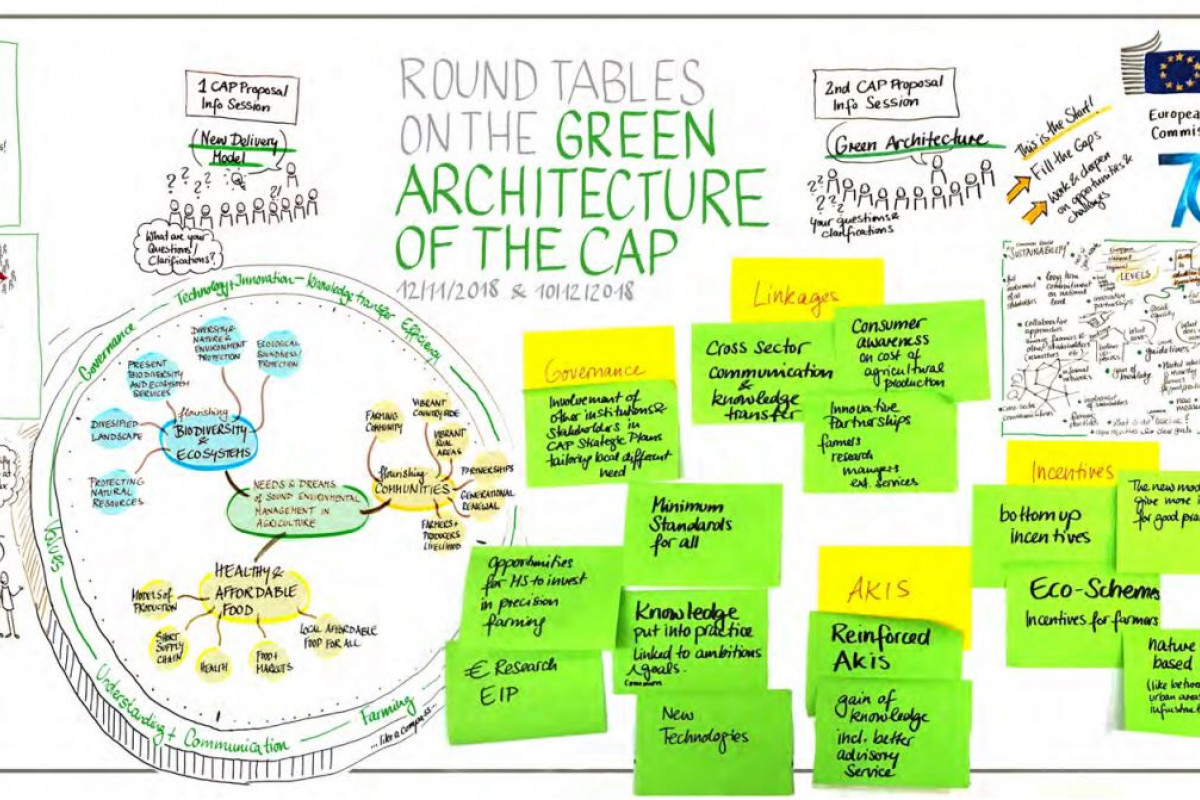
With a new common agricultural policy (CAP) in the making, the European Commission has been actively engaging all those interested in the future of food and farming to explain and further develop the proposals for a post-2020 CAP, put forward on 1 June 2018. From public consultations and roundtable discussions to information events on the ground and online, a diversity of engagement opportunities have been organised since the start of the legislative process.
A key contributor to the process of evolving the CAP was the public consultation conducted in 2017, aiming to modernise and simplify the EU-wide policy. This consultation confirmed the high public interest in agriculture, food and the CAP with over 320,000 submissions received from a wide range of stakeholders: citizens, farmers, NGOs, industry, public authorities and academia to name a few.
Among the key findings, the consultation highlighted that European citizens believe that agricultural policy should continue to be managed at EU level, and that helping farmers and protecting the environment should be its two main goals. The results of the consultation were discussed further in a stakeholder conference with more than 500 participants in July 2017.
Drawing upon this feedback, the Commission soon set out its vision for a post-2020 CAP in the ‘Communication on the Future of Food and Farming’ in November 2017. Interested parties then had opportunities to react and discuss the Commission’s position on this – something explored directly with Agriculture & Rural Development Commissioner, Phil Hogan, in his first Facebook LIVE.
As well as online, the Commission communicated on the ground: over 40 events were organised in member states as the Commissioner and EU officials engaged with some 3000 stakeholders, up to spring 2018. This exercise provided further food for thought as the Commission refined and finalised the preparation of the legislative proposals, which were adopted on 1 June 2018, as part of the MFF sectoral proposals for 2020-2027. But the conversation didn’t stop there.
Between June and December 2018, over 80 communication events took place in member states and regions, including Citizens Dialogues, seminars and conferences. Topping the agenda were key aspects of the CAP reform such as its simplification and modernisation, its new way of working with member states and its higher ambition on environmental and climate action.
These outreach events helped promote understanding and clarification of the proposals. It was also very helpful for the Commission services to hear first-hand the various different future CAP concerns expressed at national, regional and local level. More than 7000 people took part in these events, including ministers, parliamentarians, members of the European Parliament (MEPs), leading stakeholders, NGOs, citizens and media.
The Commission also sought advice from groups who had a particular interest in the green architecture proposed in the new legislation. In association with the International Union for Conservation of Nature (IUCN), Commissioner Hogan established and attended roundtable discussions on the 12th November and the 10th December 2018.
Chaired by an independent expert, these events allowed representatives of farmers associations, environmental NGOs, and member states to express their views on the reforms to the CAP policy. The roundtable discussion focused on sustainable agriculture and the proposed environmental and climate actions. In particular, participants considered how the new legislation could create opportunities to help farmers in achieving the EU’s aim of better environment and climatic outcomes.
These roundtables complemented the work carried out by the Civil Dialogue Groups (CDGs). These groups, which bring together stakeholders from across the NGO, business and trade association sectors, meet regularly and use their on the ground experience to advise and assist the Commission on policy issues – a formal advisory process which has evolved since 1962. There are CDGs representing specific sectors (i.e. milk, crops, wine) or production methods (such as organic production) and even a dedicated CDG that focuses on overall CAP policy. They have played an important role in helping the Commission reflect upon future CAP proposals and continue to contribute valuable advice on its implementation in the different sectors.
Source: EC

